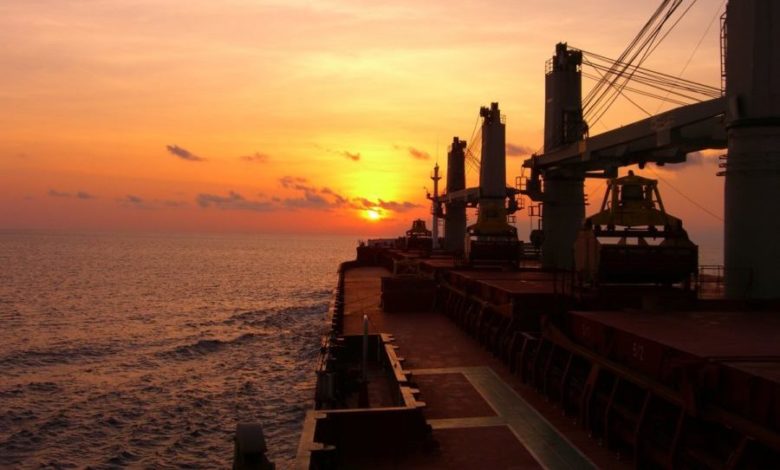Navigating China’s new ship arrest laws

Leslie Shen, a legal director at Clyde & Co. in Shanghai, provides a valuable update on new ship arrest regulations in China.
China’s recent move to clarify and harmonise its ship arrest regulations is a significant step forward for all players in the marine industry.
Ironically, shipowners may have to navigate more carefully through clearer waters than they did in murkier waters to protect their assets.
In a set of rules that kicked in on 1 March, China’s Supreme People’s Court has provided more clarity and aligned Chinese law on ship arrests more closely to international conventions. While it enhances protection for all players against errant debtors, it conversely also means shipowners may run a higher risk of having their ships arrested and auctioned.
Beware errant bareback charterers
The new regulations elucidate for the first time that vessels arrested based on claims against bareboat charterers can be auctioned or sold at the behest of creditors. Additionally, auction procedures were also simplified, speeding up the process of potential asset loss for shipowners.
Now, second auctions – in cases where the first auction fails – will be announced within seven days, instead of the original 30 days.
Further, although shipowners could technically still file a claim in the event of a wrongful arrest within two years from the ship arrest or auction proceedings, there is now an impetus to exercise their rights quickly. This is because the counter-security provided by the applicant will be returned if they do not file the wrongful arrest claim within 30 days upon receiving the applicant’s notice.
This represents increased risk for shipowners, particularly lease-finance players, as they may stand to lose their assets even if the maritime claims are not against them.
Multiple arrests now possible
Shipowners can now face multiple arrests simultaneously, rather than successively. Even if a ship is already under arrest, a second warrant of arrest by a different party can also be served on the ship as security for their claims.
In addition, the second arresting party is entitled to apply to auction the vessel without waiting for the previous arrest to be lifted if first applicant did not do so.
Not all hope lost for ship owners
The silver lining for shipowners is that the maritime courts are also imposing stricter requirements on ship arrest applications, including standardising counter security from claimants.
This will help protect shipowners from wrongful arrests, especially since the quantum of the counter security from the claimant is to be equal to the losses incurred within the arrest period.
Once left up to the discretion of different Chinese maritime courts, mandating counter security is a welcome step to standardise procedures. However, in practice, there is still lack of guidance in terms of the method of calculation, which means the approach will likely still vary from court to court.
Another interesting development in favour of shipowners is that claims in relation to vessels now take precedence over other maritime claims. Directly arising from this is the issue of whether shipowners, based on claims against bareboat charterers, arrest their own ships, put it up for auction and subsequently buy it back, and then claim distribution of the auction proceeds paid by themselves. We understand some maritime courts have already encountered this situation in practice.
Shipowners must protect themselves
With the increasing risks coupled and lack of policy clarity in some areas, the way forward is clear: Shipowners must take proactive steps to protect themselves.
They need to ensure there are sufficient guarantees in place in order not to be drawn into arrest proceedings, or that if they are, that the bareboat charterers have the capacity to discharge the vessel promptly.
Having a clear understanding of the laws also allow shipowners to take measures to protect their assets and minimise losses in disputes. Adhering to the newly adjusted timelines for the different processes will also be essential.
Just several months into the enforcement of the new laws, it still premature to see how the new regulations will play out for all the stakeholders involved. More clarity is needed but it is a step in the right direction.
